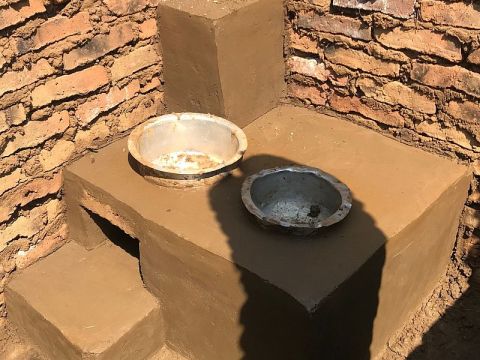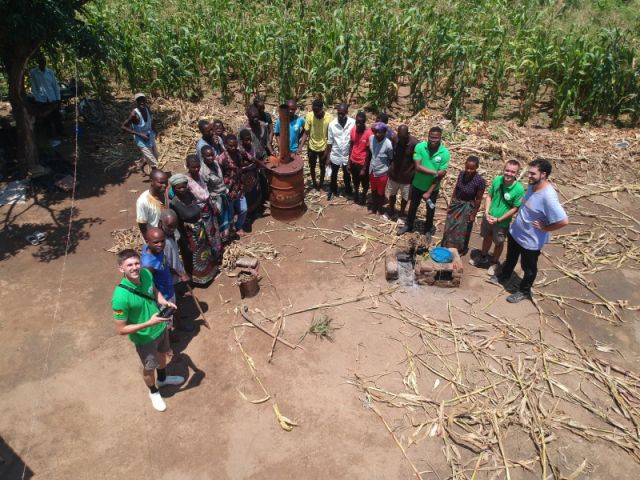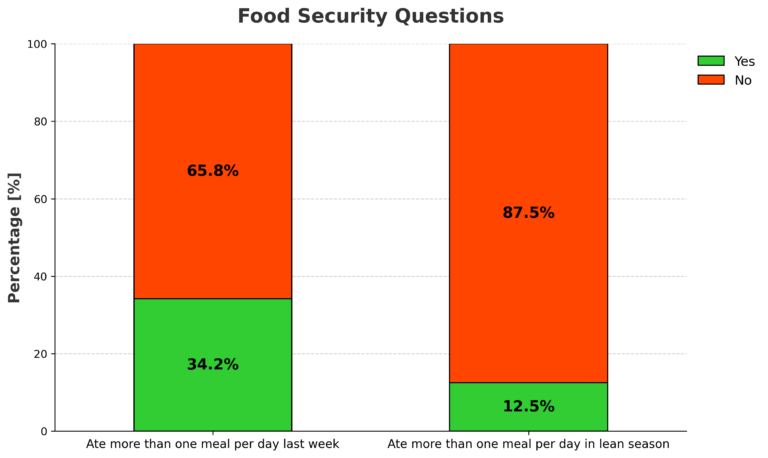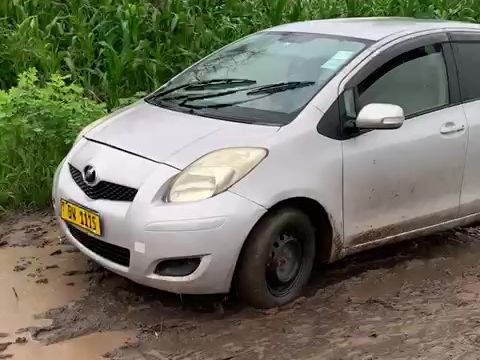Oktober 2020
Liebe alle,
Nachdem der länger geplante Aufenthalt unseres 1. Vorsitzenden Valentin Amian Ende März aufgrund der Corona Pandemie frühzeitig abgebrochen werden musste, reiste er Mitte Oktober für zwei Wochen nach Malawi. Dort begutachtete er die laufende Arbeit im Ofenbauprojektund brachte die Evaluation des Projekts voran. Außerdem konnte er grundlegende organisatorische Dinge für das neue Agriculture Projekt in die Wege zu leiten.
Mit dem Besuch eines Großteils der 150 dieses Jahr gebauten Öfen können wir nicht weniger als absolut zufrieden sein. Die kleine Änderung der Bauart der Öfen, die von n unseren ausgebildeten Ofenbauern selber geplant und implementiert wurde, zahlt sich voll aus. Alle Öfen, die Valentin besuchte wurden genutzt. Weiterhin funktionieren diese einwandfrei und die Resonanz der Haushalte ist äußerst positiv. Nach Auswertung eines ersten Teils der Evaluation lässt sich feststellen, dass Haushalte mit Öfen etwa 50% weniger Feuerholz verbrauchen und damit nicht nur die Umwelt geschützt wird, sondern auch etwa 2000 malawische Kwacha im Monat mehr für andere Ausgaben übrig sind. Das sind ca. 13% des monatlichen Haushaltseinkommen in der Region.
Außerdem stand dieses Mal auch eine ganze Menge organisatorische Arbeit an. So pendelte Valentin regelmäßig zwischen Benga, dem Dorf wo wir unsere Projekte umsetzen, und der etwa 180km entfernten Hauptstadt Lilongwe hin und her, um dort unseren Verein als Firma vor Ort registrieren zu lassen. Dies wurde am Tag der Abreise durch Unterzeichnung aller benötigten Unterlagen auch abgeschlossen. Der Verein Humission e.V. ist nun als limited by guarantee (eine Art Non-Profit Firma) vor Ort in Malawi registriert. Dies erlaubt uns, Bankkonten zu eröffnen und mit unseren Arbeitern vor Ort ordentliche Arbeitsverträge mit sozialer Sicherung abzuschließen. Darüber hinaus ist dies auch die Grundlage für unser neues Agriculture Projekt. Hierfür sind wir momentan dabei, ein Grundstück in Benga zu kaufen, um dort eine kleine Parzelle anzulegen, die mit neuen und effizienteren Anbaumethoden bewirtschaftet werden soll, um als Ausbildungsstelle für Schülerinnen und Schüler der neu entstehenden weiterführenden Schule in Benga sowie Farmern aus der Region zu dienen. Auch hier sind wir durch den Aufenthalt und die Möglichkeit, das Land vor Ort genau zu begutachten einen großen Schritt weiter gekommen.
Dear all,
After the longer planned stay of our 1st chairman Valentin Amian had to be cancelled prematurely at the end of March due to the Corona pandemic, he traveled to Malawi for two weeks in mid-October. There he assessed the ongoing work in the stove construction project and advanced the evaluation of the project. He was also able to initiate basic organizational matters for the new agriculture project.
With the visit of most of the 150 kilns built this year, we can be no less than absolutely satisfied. The small change in the construction of the ovens, which was planned and implemented by n our trained oven builders themselves, is paying off in full. All the furnaces that Valentin visited were used. They continue to function perfectly and the response from households is extremely positive. After a first part of the evaluation, it can be stated that households with stoves use about 50% less firewood, which not only protects the environment, but also leaves about 2000 Malawian Kwacha a month more for other expenses. This is about 13% of the monthly household income in the region.
In addition, this time there was also a lot of organizational work to do. Valentin commuted regularly between Benga, the village where we implement our projects, and the capital Lilongwe, about 180km away, to register our association as a local company. This was also completed on the day of departure by signing all the necessary documents. The association Humission e.V. is now registered as a limited by guarantee (a kind of non-profit company) locally in Malawi. This allows us to open bank accounts and to sign proper employment contracts with our local workers with social security. Furthermore, this is also the basis for our new Agriculture Project. For this we are currently in the process of purchasing a plot of land in Benga to establish a small plot of land that will be cultivated with new and more efficient farming methods to serve as a training ground for students of the newly emerging secondary school in Benga as well as farmers from the region. Here, too, we have taken a big step forward through our stay and the opportunity to examine the land in detail on site.







